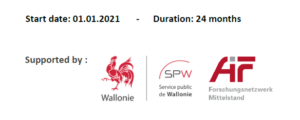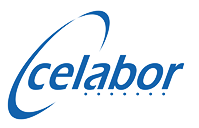BACKGROUND
There are currently many sugar substitutes on the market. These substitutes are used as an alternative to sugar by people who have diet restrictions mostly. But more and more people are now switching to these products too because they do not want to eat sugar anymore. They are looking for something healthier, something with a lower caloric value, with less damage on the glycemic index. Though there is a wide variety of sweeteners and other sugar substitutes on the market, most of them are controversial, especially because of their impact on human health, their organoleptic quality or their cost.
YACON (Smallanthus sonchifolius) is an Andean tuberous root currently emerging in Europe. Yacon tubers contain compounds of interest such as fructo-oligosaccharides and inulin. Yacon tubers could thus be a good food alternative for people who need or want to change their diet, for it is a source of prebiotics, is supposed to have a low caloric value and good organoleptic quality.
CHALLENGE & SCOPE
With the increased incidence of chronic diseases (e.g. obesity, diabetes…) and the growing demand for natural, healthy & sustainable food products, the food industry is seeking solutions to meet consumer’s demand.
The food industry is facing the challenge of developing products with improved-nutritional properties, no additives & great taste quality.
This project aims to help food companies by studying the potential of yacon to be processed into a syrup of high-nutritional value and good organoleptic properties.
Activities will assess:
- Characterization and selection of yacon tubers cultivated in Belgium & Germany and assessment of the impact of storage time on yacon tubers quality;
- Processing of yacon tubers into syrup and optimization of food processing methods to preserve and/or increase nutritional properties;
- Assessment of yacon syrup nutritional, physico-chemical and sensory properties;
- Determination of in-vitro glucose release of yacon syrup;
- Demonstration of the functionality of yacon syrup in food applications (e.g. chocolate fillings and bars).
Supported by :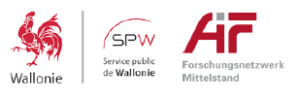
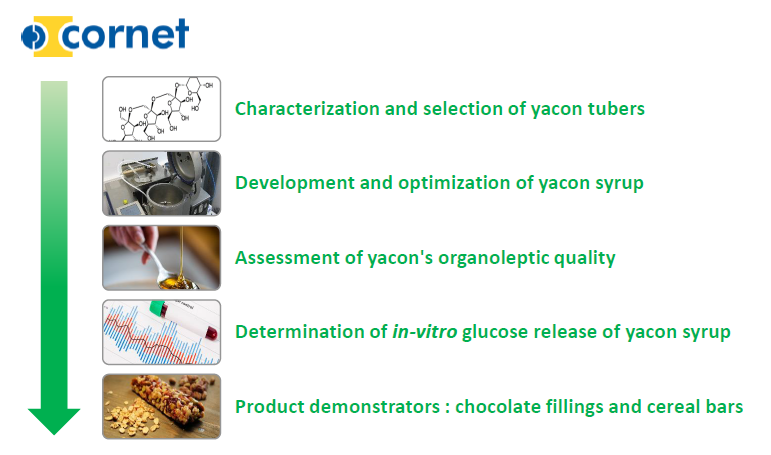
EXPECTED IMPACTS
The YARUP project aims to deliver a substantial positive impact on the development of a new European market for Yacon. The economic potential is great, considering all the stakeholders affected by the project. Farmers can benefit from a growing demand of this emerging crop, food industries can benefit from a new ingredient source of prebiotics and provide consumers with a new food alternative with low sugar & caloric level. This represents, together with an increased awareness towards healthy food in western societies, the market potential of the research.
PARTNERS
YARUP is a European collaborative project framed on the 29th Cornet call. 2 partners from 2 countries participate in this project.
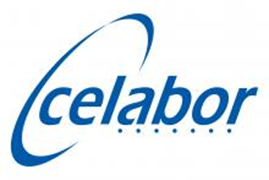 Ing. Pauline Fauquet Celabor project leader – Food Technologie Tel: +32 87 32 24 54 Email: pauline.fauquet@celabor.be
Ing. Pauline Fauquet Celabor project leader – Food Technologie Tel: +32 87 32 24 54 Email: pauline.fauquet@celabor.be
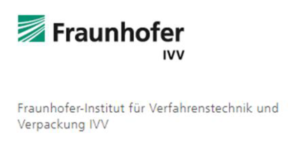
M. SC. Andrea Strube Fraunhofer-Institute for Process Engineering and Packaging ( IVV) Sensory Analytics Tel : +49 8161 491-324 Email : andrea.strube@ivv.fraunhofer.de
